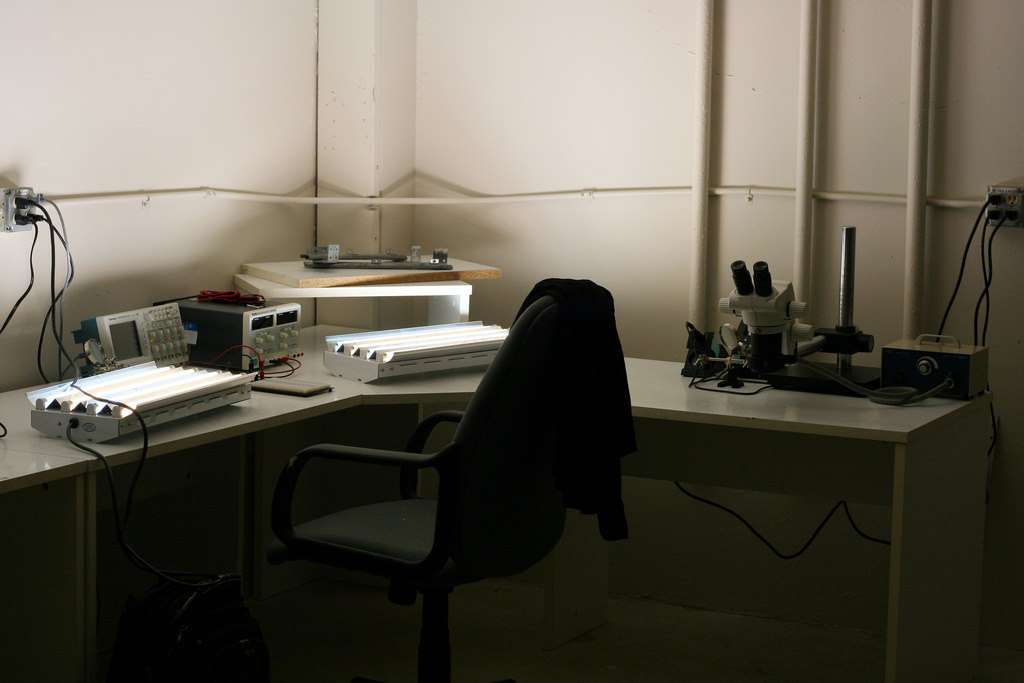Andrew Napolitano on the CIA Hacking Congress (or Vice Versa)

Since its establishment in 1947, the CIA has enjoyed a chummy relationship with Congress. But a dispute has arisen between the CIA and the Senate Intelligence Committee over the nature and extent of CIA torture during the Bush years. The committee insisted on examining secret CIA secret files and instructed the agency to make its records digitally available to investigators, which it did at an unmarked subterranean facility.
There, investigators have spent many months looking at CIA computer records of its Bush-era interrogation procedures. In the course of doing so, they learned that their computers in the CIA's secure facility—the ones they were using to examine CIA files in the subterranean room—were hacked. It appears to the Senate investigators that the hackers were CIA agents wanting to learn what the investigators found out about them. The CIA counters that the investigators actually hacked into CIA computers when they examined far more materials than the CIA had agreed to make available.
This is more than a schoolyard brawl, writes Andrew Napolitano. This is the unbridled and likely unlawful use of government computers and classified materials by CIA employees trying to dampen the enthusiasm of their regulators, or by Senate investigators accessing classified materials to which they may not be entitled. Either way, this is a violation of the Fourth Amendment's prohibition of warrantless searches and seizures.


Show Comments (0)